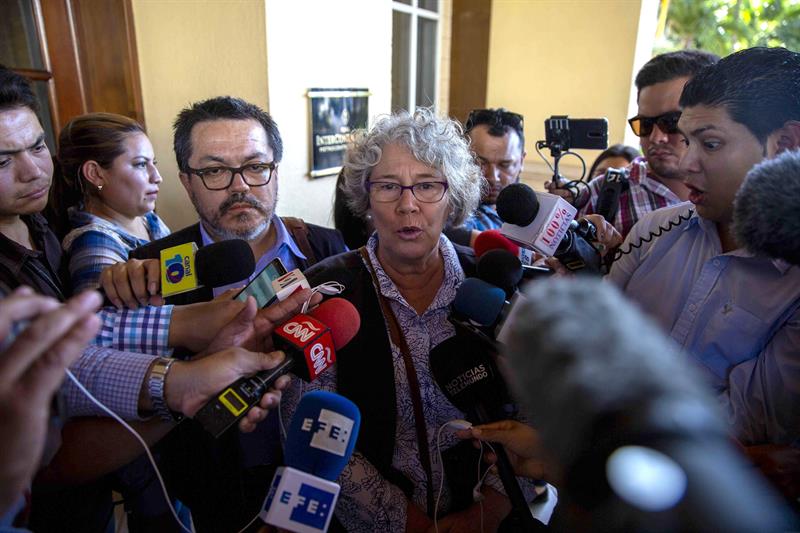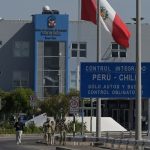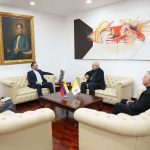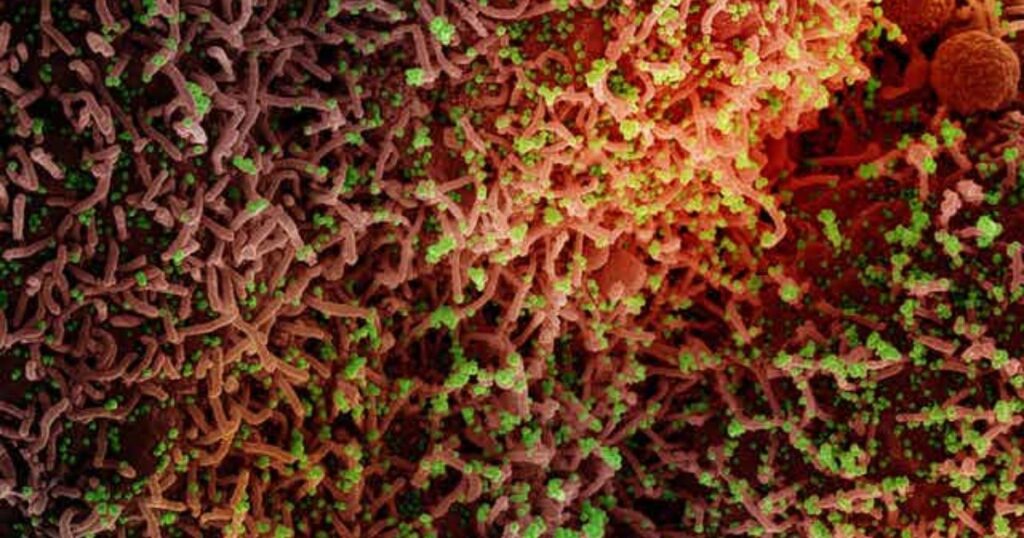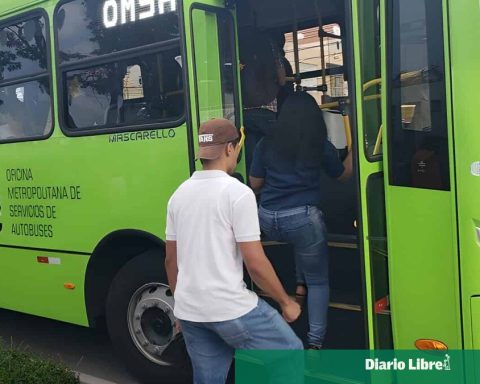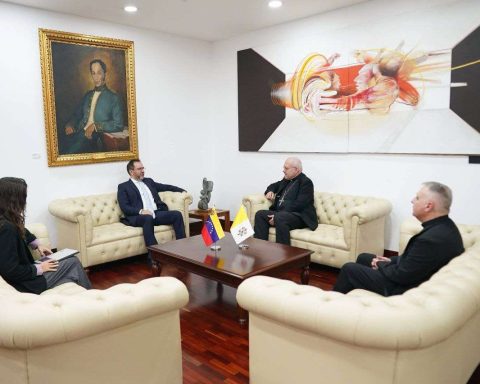Although Nicaragua is not a signatory to the Rome Statute —which allowed the creation of the International Criminal Court (ICC)— global law still offers options for an eventual criminal trial, against those officials of the Ortega-Murillo regime accused of committing , among others, crimes against humanity.
The visit in 2018, of the Interdisciplinary Group of Independent Experts (GIEI), and the work of the Special Follow-up Mechanism for Nicaragua (Meseni), made it possible to collect sufficient information and evidence to affirm that crimes against humanity have been committed in the country. , which opens the doors to start international trials.
There are two initial options: those offered by the continental system, in this case, through the Inter-American Court of Human Rights, and the ICC, which is universal in nature, although in both cases there would be many technical and legal obstacles to overcome, indicated the master in international law, Alexandro Álvarez, former coordinator of the Meseni.
In the case of the continental option, the expert explained that the Inter-American Commission on Human Rights, together with the victims, is the one who presents the accusations before the Court, to hear cases related to the violation of the ‘catalogue of rights’, which contains the American Convention on Human Rights.
In this case, the Commission executes and prepares the procedural part, ensuring that the crime to be judged is one of those covered by the Court, but also that the victims have finished exhausting the national legal instances.
In the case of Nicaragua, it is possible to obviate this requirement, since it can be argued that the system does not work, given that there is no independent administration of justice in the country, the expert explained during a conference called “Crimes against humanity and litigation conference for exiled communities”, organized by Let’s Make Democracy.
Álvarez recalled that these are extensive processes, which may require eight to nine years of litigation, but there are ways to speed up the processes, when there is an emergency like the one Nicaragua is experiencing.
universal justice
The other way to seek justice and reparation for the victims, and healing for Nicaraguan society, is to go before the International Criminal Court, and although it is true, Nicaragua is not a party to the Rome Statute, and that is why the ICC cannot judge the crimes committed in the country, the catalog of crimes that this Statute does cover, is part of customary law.
The term refers to “a right that existed before the Statute, for which it constitutes mandatory and imperative norms for all states, beyond their will,” he explained.
“There are some doors to open and actions to exercise -such as universal jurisdiction- but the system is not easy,” added the lawyer.
In this regard, he recalled that universal jurisdiction allows crimes such as those committed against the Nicaraguan population to be prosecuted in other states, although this depends on there being a link with the crime being prosecuted.
Applying that legal principle could allow the Brazilian State opened a case for the death of Dr. Raineia Lima, or that the United States did the same for the prison murder of Eddy Montes, who had acquired the citizenship of that country.
As an example, he mentioned the trials that are taking place in Spain against the Salvadoran soldiers who murdered the Spanish priests in the UCA of San Salvador, but in this case, the Iberian courts could do so because they were demanding justice for their fellow citizens. .
It was also the argument for Spain to ask London for the arrest of General Augusto Pinochet, or the case of a Chilean soldier tried in Miami and sentenced to pay compensation to the family of fellow Chilean Víctor Jara.
Finally, he explained that the regime’s decision to withdraw the passports of some citizens “could be part of the crime of persecution, but normally this simple fact is not enough. Rather, it could be classified as a violation of the right of mobilization, according to the American Convention.”
